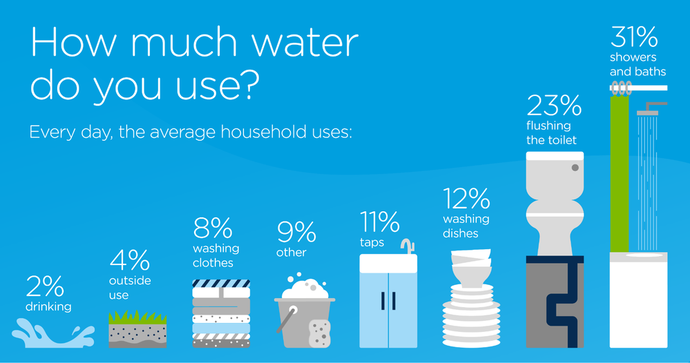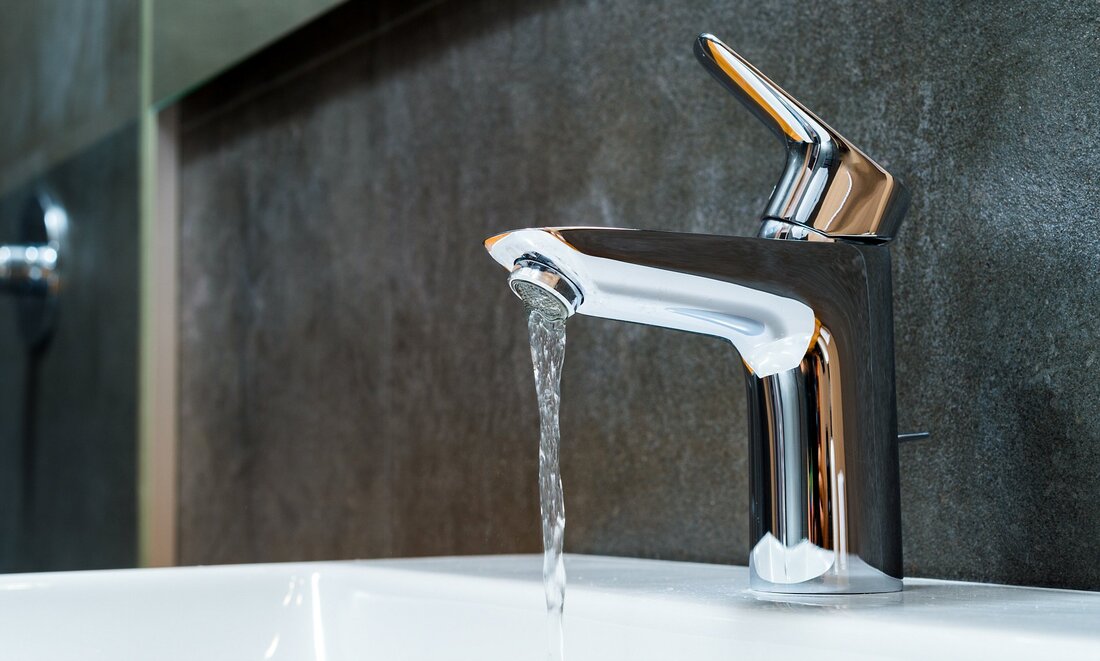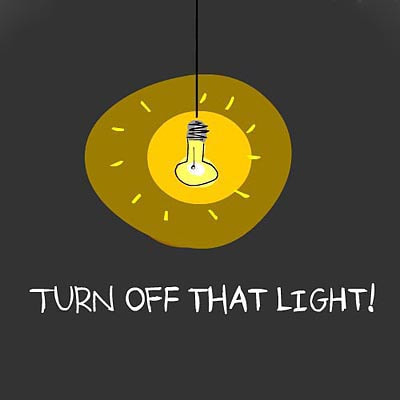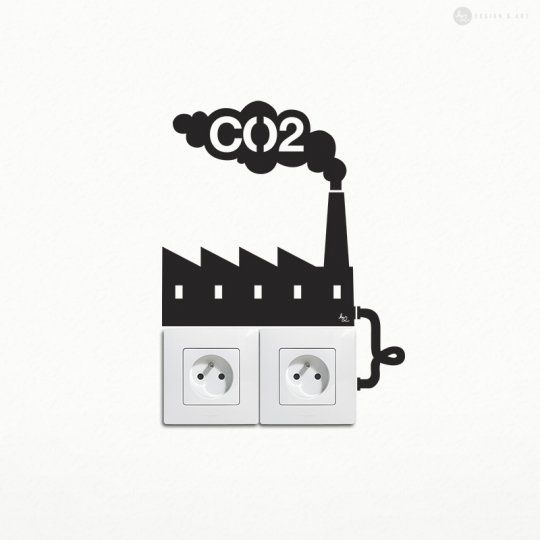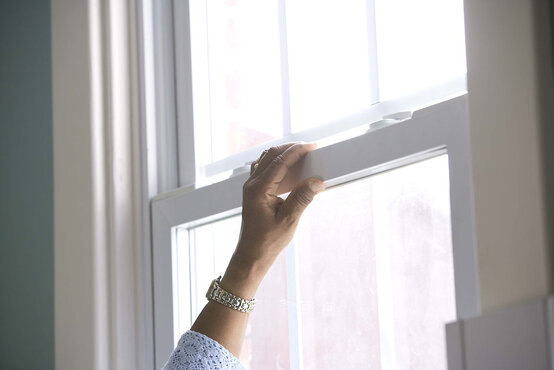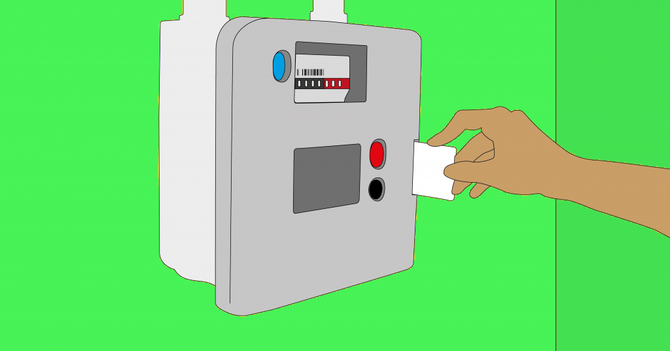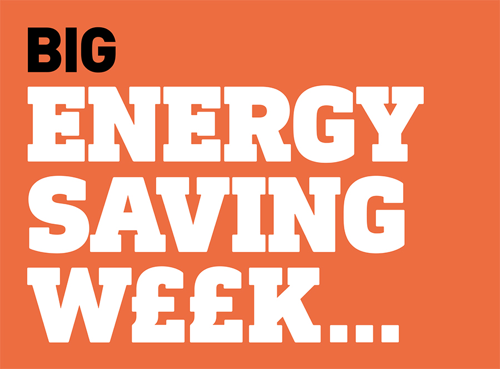|
If you've never switched energy company before and are on a standard tariff, did you know you could make an average saving of around £300 per year on your bills by switching? Tips like this are exactly why CREW’s free energy advice helpline is proving useful for the residents of Tooting! We are piloting a hyper-local, multilingual approach focusing on the Tooting Ward. The team are creating links with local organisations to generate referrals, such as Wandle Housing Association, DONS Local Action Group (a network of Covid-19 volunteers) and Mushkil Aasaan. Project flyers are available in Hindi, Spanish, Tamil and Urdu and CREW can offer advice in these languages as well as French, Polish and Portuguese. Our energy advice is aimed at people on low incomes, older people, families with young children, people with long-term health conditions or anyone else who is vulnerable in some way. We aim to save people money, assist them in navigating the often-confusing world of energy companies and tariffs, and make sure people are getting all the discounts, funding, freebies and support they are eligible for. One of our clients saved £440! Read on to hear just some of our success stories.
0 Comments
Usually the one place in your house that you won’t find a (traditional) plug socket, you might not think of the bathroom when it comes to energy saving. But, aside from the obvious water savings (which can still save you money if your water is metered!), there are plenty of ways to cut your carbon footprint by heating less water, switching to LED light bulbs and making plastic-free swaps.
So, water you waiting for? Time to make some savings. This month, we co-hosted our first monthly Web Chat with Merton-based charity Sustainable Merton
Over 20 people attended the short 45-minute discussion on 'Greening your home for less' where we tested their energy knowledge and discussed ways to reduce our energy bills and carbon footprint. The best place to start is by testing how well you know your home's energy performance so you can start improving it! Here are a few tips that might surprise you... Did you know...?
Watch the recording to find out more and test your own knowledge! ‘Greening your home’ has been a hot topic of late, thanks to the Green Homes Grant. And now that many of us are spending more time at home (working or otherwise), we’re more aware of our energy use than ever before.
This series of blog posts is designed to show you how energy-efficient home improvements don’t have to cost you a pretty penny. Read more on how you can save money and energy in your home for free or on the cheap with CREW! This week, in the kitchen… This Water Saving Week, we are putting our water supply under the microscope and exploring the effect of our water usage on the planet. By saving water, we can save money, carbon and nature! In the UK, the average person uses 143 litres of water per day in England and Wales, 150 litres in Scotland and 145 litres in Northern Ireland. This is risky business, considering that London is drier than Istanbul and Sydney. What's more, our population is growing, but the amount of water we have is not. By 2050, if we keep using water as we are today, we will need an extra 250 million litres of water a day. It’s time we did something to make our water usage more efficient! Last week we showed you how to save money and water with your taps, but there are other wily water wasters we need to take care of… To help with this, most UK water providers offer freebies that they will post to your home. The average home uses 330 litres of water a day. Multiply that by the number of homes in the UK and that’s more than just a drop in the ocean...
The good news is, there are simple ways to cut down your use and make sure you’re only using the water you need. Starting with your taps! This week we're bringing you top tips on how to fix leaky taps, fit water-saving gadgets and save some H2O. Spending more time at home means we are using a lot more energy than usual. It also means spending more time thinking about how you and your family use your home, appliances, and energy.
Switching your appliances and lights off (at the plug) when they are not in use is one of the quickest and easiest ways to start saving on average:
CREW launched its eco-action games workshops with children in Merton and Wandsworth in 2019 to help them learn just how much energy we use around the house and (most importantly) how you are never too small to make a difference and cut out carbon! During these sessions, young people have shown us they are much keener and more willing than some of their grown-up counterparts to talk about climate change and take action, but perhaps they need some help implementing these small behaviour changes. During lockdown, we need YOU to welcome the fun and games into your homes on our behalf (these guests are allowed). That's why this week’s #MakeDoCREW craft is the ideal rainy weekend activity to keep kids occupied and engage them with sustainability: energy efficiency reminders! It might be getting a bit too warm to talk about draught-proofing, but these measures are for the long term... Plus, #MakeDoCREW is all about making the most of your time at home. You'll thank us in the depths of winter!
By blocking gaps around windows and doors, you could save up to £25-£20 a year on your energy bills. You can buy everything you need to cut out draughts online and it’s pretty easy to install. There’s been a lot of information floating around on energy supply during the coronavirus crisis, so we have put together a short post to help you navigate it all.
One of CREW's main services is our energy cafés, where we offer advice on how to save money on your energy bills and access grants and discount schemes. During the coronavirus crisis, we are unable to hold our physical face-to-face cafés, but we are keen to offer our advice nonetheless! One of the biggest energy issues we have identified is the mighty prepayment meter, which must be physically topped up at a local shop or Post Office. Generally, one of the most important points to make here is that your energy supply won’t be disrupted during the crisis, and all suppliers and network companies are still working to the same rules and obligations Ofgem have put in place. Secondly, no-one on a standard credit meter, which you pay each month by direct debit or each quarter by cash or cheque, will be cut off during the crisis. That said, if you have a prepayment meter, you may be anxious to hear what help is available if you are unable to leave your house to top up your prepayment card. If you're looking for a simple #stayhome project but a more long-term investment, now might be a good time to start replacing your light bulbs. Lighting accounts for 15% of a typical household’s electricity bill, so bulbs have an important role to play. These days, there are lot of different light bulbs available and we've come a long way from the traditional incandescent kind, which produced only 5% light, with the other 95% being lost as heat! Their carbon footprint was so high - producing more than 15,000,000 tonnes of carbon emissions a year - they were banned in the UK in 2018. Without a doubt, the most energy and cost efficient solution available is the LED light bulb. Switching from halogen to LED can save up to £3 per year and around 5kg of CO2 emissions PER BULB! 20-26 January 2020 is Big Energy Saving Week, a national campaign run by Citizens Advice, Citizens Advice Scotland, Energy Saving Trust and the Department for Business, Energy and Industrial Strategy to raise awareness around our energy usage and habits.
To mark the occasion, CREW would like to invite you to attend one of our free energy advice events in Morden and Islington. Have you seen information about our energy cafés but aren't sure they’re for you? We get it. Offering free advice could seem suspicious to some, let alone free cake. But, firstly, you should know that our energy advice sessions are entirely volunteer-led and grant-funded; our lovely trained energy advisors are just people helping people and being kind to the planet along the way.
We also know talk of fuel poverty can throw some people. And while this affects 11% of the UK population, it’s important to know that our energy cafés are suitable for everyone and anyone. More specifically, anyone who pays energy bills, and/or who would like to reduce their carbon footprint. Fuel poverty is just one (albeit important) aspect of the scheme. How does it work? Come along to one of our drop-in sessions at your local library or community centre. No appointment necessary – all you need is your latest energy bill. Our trained energy advisors can then sit down with you to provide personalised, impartial advice and support on switching energy tariffs, energy-saving measures and small behaviour changes – all over tea and cake. The service is free and could save you hundreds of pounds. Last month we announced our UKPN Power Partners funding for 22 energy cafes across Lambeth, Merton and Wandsworth throughout winter 2019/2020. This funding covers training of our new energy advisors, followed by two successful energy cafes held at Morden Library throughout November.
|
Follow us on social media for all our latest updates
@crewenergyldn go to a category
All
|




